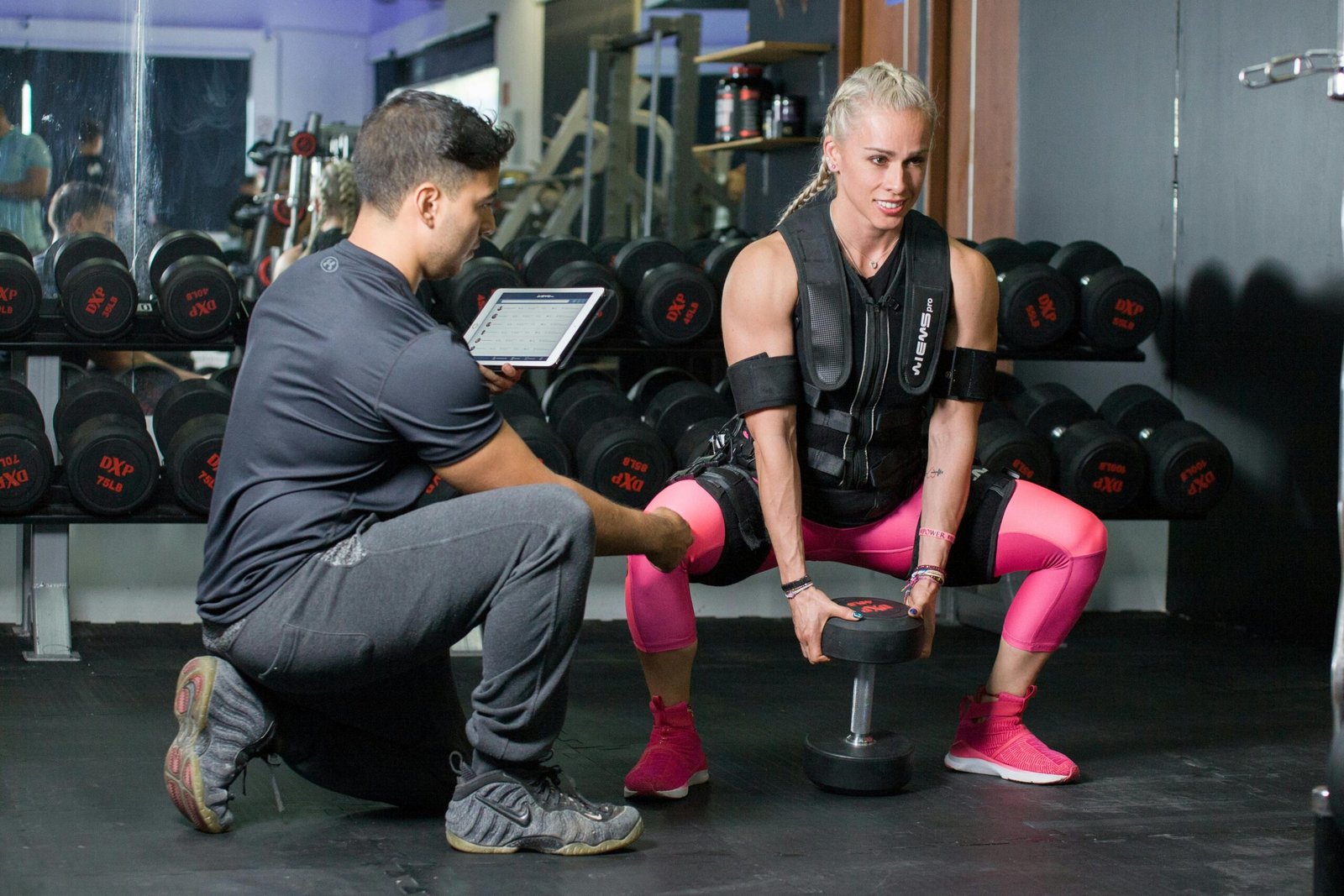When the sinus tissues get inflamed, it is medically termed sinusitis. This causes nasal pain, a runny nose, and fever. It occurs when the space in the forehead, cheeks, or nose gets filled with air, and it’s caused by either a common cold, virus, or bacterial infection. Allergies can also irritate the sinus tissues, which blocks them, causing pressure and pain-like symptoms.
The symptoms of sinusitis
If you are unable to differentiate between sinus and common cold, then here are the symptoms that you need to follow:
- Postnasal drip, where mucous drips from your throat.
- Running nose with yellow or green mucus.
- Stuffy nose.
- Facial pressure gets worse when you move your head around.
- Pain in your teeth.
- Ear pressure and pain, accompanied by a fever.
How is sinusitis diagnosed?
When you go to a medical practitioner or sinus doctor, the diagnosis is based on symptoms and health history. They would check your nose and throat for swelling, draining, and blockage. They might use an endoscope to look inside your nose, and primary tests are assigned, such as:
- Nasal endoscope.
- A nasal swab, where a soft stick is used to collect the fluid sample from the nose to test for viruses or other bacteria.
- Imaging, usually a CT scan, is reported to understand and get a better view of the sinuses.
- Allergy test, which is conducted for allergens that can trigger chronic sinusitis.
- Biopsy is rarely done, and the tissue sample is collected from the nose for testing.
Treatment for sinusitis
There are many treatment options available for sinusitis, but depending upon the symptoms, they are prescribed:
Case 1: When a sinusitis infection is treated at home
- You need to use decongestants over the countdown medications.
- Rinse the nose and throat with nasal saline.
- You have to drink plenty of water.
Case 2: Basic treatment fails to cure sinusitis
If the essential treatments do not help you recover even after ten days, you will be prescribed antibiotics and oral or topical decongestants. Doctors can also prescribe intranasal steroid spray.
Case 3: Sinusitis reaches a chronic stage
The underlying conditions are the main focus if the sinusitis has reached a chronic stage. Here, the treatment includes:
- Prescribing the use of Intranasal steroid spray or Leukotriene antagonists.
- Tropical antihistamine spray along with oral pills.
- In case of polyp formation, surgery is recommended.
What are the medications prescribed for sinusitis?
Antibiotics, such as amoxicillin, doxycycline, levofloxacin, cefixime, and more, are usually prescribed to treat sinus infections.
Are there any complementary or alternative therapies for sinusitis?
Acupuncture or facial massages can help reduce the symptoms. Sinusitis helps drain and rectify the pain; therapies are recommended in specific cases.
How to prevent sinusitis?
Based on the cause, you can prevent the risk of getting sinus infections. As directed by your medical specialist, you must rinse your nose with saline water. Test to see if you are prone to allergies, then take steps to prevent them, such as taking medication or allergy shots. Also, avoid elements that trigger allergies, such as dust, pollen, or smoke.
Summing it up
If recommended, you can also use steroid nasal spray. Other than this, try to introduce yourself to good habits, which include hand washing and maintaining personal hygiene. You must also avoid smoking if you are prone to sinusitis.
Photo by MART PRODUCTION: https://www.pexels.com/photo/people-woman-sitting-technology-7089401/













